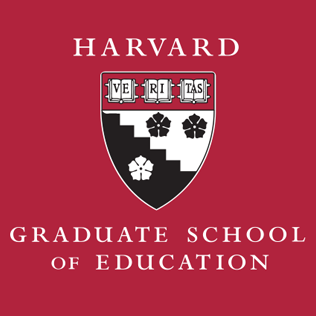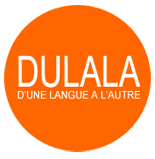(DULALA, or From One Language to Another)
Website
Countr(ies)
France
Grade Level of Students Participating
Early childhood through grade 12
Number of Students Participating per Year
Through playgroups and school partnerships, DULALA reached 3,727 students in 2015. An additional 1,360 professionals participated in DULALA trainings.
Year Organization Began
2009
Relationship to the public education system
DULALA works with children, families, teachers, and other professionals, both inside and outside of schools.
Organization’s Vision and Mission
DULALA promotes bilingualism and plurilingual education for all children through the language awareness methodology. DULALA sees bilingualism as an important asset for immigrant-origin children and for the country as a whole. In promoting bilingualism and plurilingual education, DULALA aims to strengthen respect for and appreciation of diversity in France.
Brief Description of Program Activities
DULALA provides learning opportunities and pedagogical resources for parents, educators, and others professionals who work with children.
These programs and resources focus on two goals:
- Honoring the languages of immigrant-origin children, such as by holding native language play groups after school
- Promoting language awareness, a methodology which focuses on learning about and developing a respect for languages, for all children
By affirming and teaching the native languages of immigrant-origin children, DULALA aims to make these children feel valued and to improve their overall school learning. Through the language awareness methodology, DULALA aims to improve the linguistic understanding of all students and to promote multiculturalism in the society as a whole.
DULALA provides professional development for educators through multi-year partnerships with schools and daycare centers. When the program partners with an educational institution, it also offers workshops for the children’s parents. In addition, the staff hold workshops for interested parents, educators, and other professionals at their Paris office, and they are currently developing an online platform for professional development.
For children who are immigrants or whose families are immigrants, DULALA also runs weekly native language play groups. DULALA uses Kamishibai, a form of storytelling that originated in Japan, in its programs, and this year the organization hosted an open contest for students to create multilingual Kamishibai.
Program Content: Intrapersonal Competencies
Self-esteem, curiosity, open-mindedness
Program Content: Interpersonal Competencies
Communication and collaboration skills
Program Content: Cognitive Competencies
Analysis of and reflections on languages
Program Content: Attitudes and Values
Positive attitudes towards linguistic and cultural diversity
Program Content: Pedagogy/Active Engagement of Students
Workshops use songs and games, as well as “detective activities” where students work to understand new languages and to compare them to language(s) they already know.
Reference List
All of the information for this profile comes from the DULALA website, the Ashoka Innovators for the Public website, and a phone interview with the organization’s project manager in June 2016.
Notes Prepared By
Anastasia Aguiar


